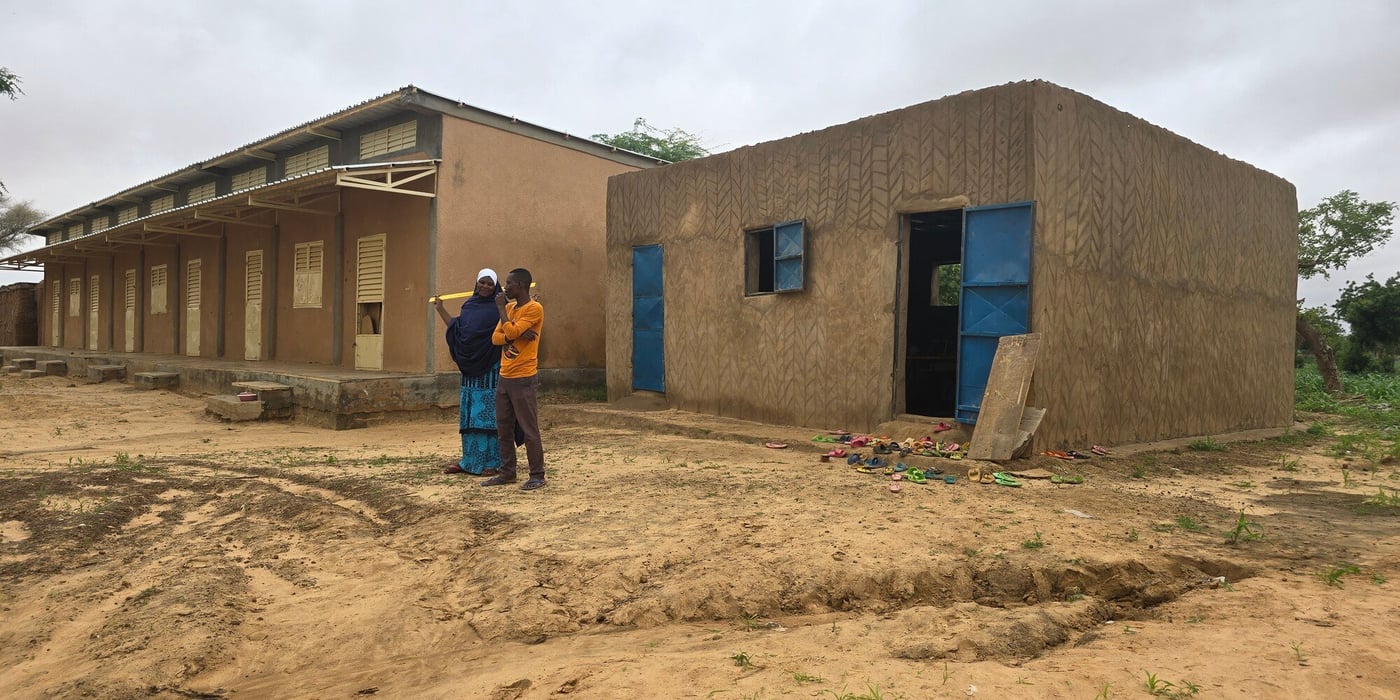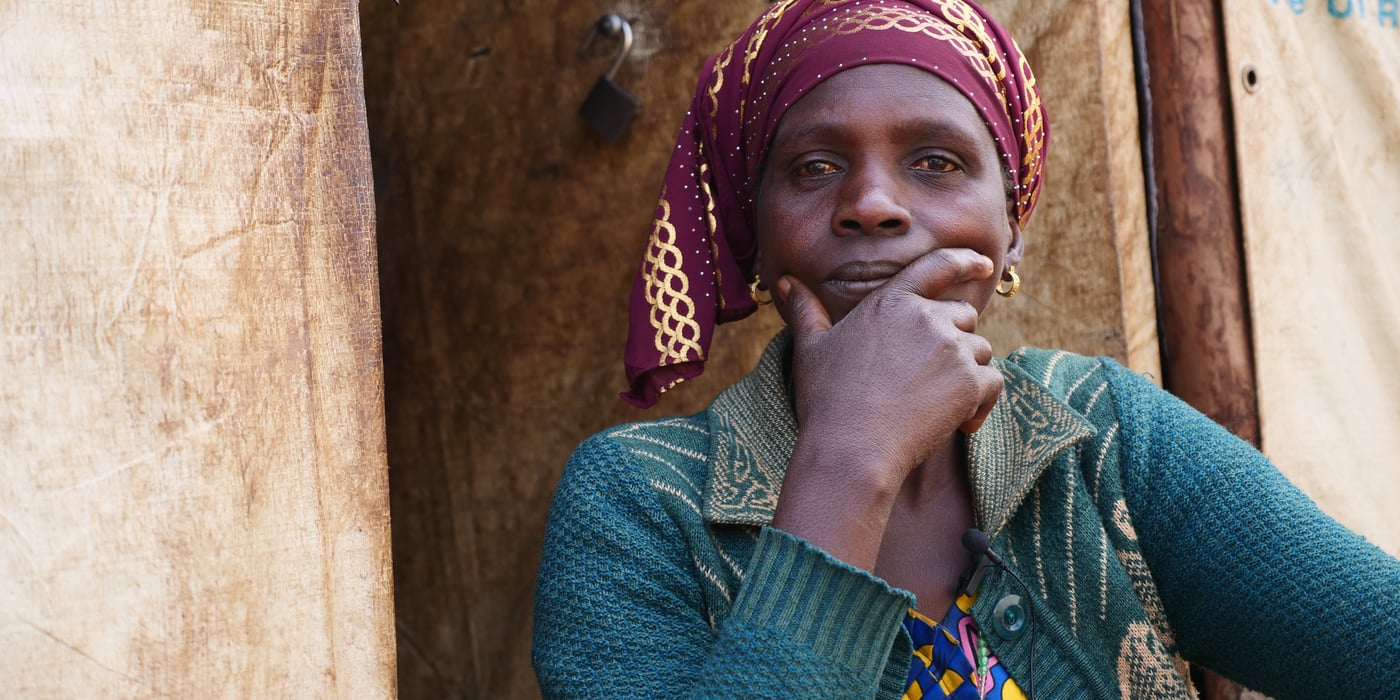
Lucie, a young pregnant girl of about 15 years old, lives together with her husband Veiko in Pinga, DR Congo. In early 2015, before they were married, both had to flee when fighting broke out in their village.
Married 15-year old
After arriving in Pinga village, Lucie’s family married her to 15-year old Veiko because they were no longer able to provide to her. Lucie stopped going to school when she realised that she was pregnant in February 2015, but Veiko still attends school. He is in 11th grade.
"Today, it is legal for a girl to get married when she is 13 years. In the past, she couldn’t", said Lucie to NRC staff.
Tradition
In Pinga, as in many communities in DRC, it is tradition that allows young girls to get married, and not religion as many think. However, displacement, poverty and family pressure are factors which increase this phenomena. Lucie is not alone in thinking that child marriage is legal, although it is in fact illegal in DRC.Since the war started in Eastern DRC about 20 years ago, it has been common for young people to get married.
In places where people have to flee many times, such as in Pinga, the rate of child marriage is extremely high. Many of Lucie’s friends about her age get married to boys their age or to older men. No one in Pinga complains about it. When parents can no longer provide for their children, they see marrying their daughters to other families as an economic opportunity and one that reduces their household burden.
Youth and children most affected by displacement
Child marriage has a direct effect on children’s education rates. Young brides are typically pulled out of school, depriving them of their basic right to education. Some boys who are married also drop out of school in order to provide for their new brides and families. Early marriage almost always means early pregnancy with added health risks. In DRC, in the case of Pinga, child marriage is an important obstacle to youth completing their education.
With funding from ECHO’s Children of Peace Initiative, NRC has worked with community leaders to spread the message of children's right to education and the community leaders have spoken out against child marriage in community meetings and church gatherings. Many people were unaware that child marriage is illegal.
However, the extent of this practice is so large that DR Congo is ranked 142 out of 146 countries in the Global Gender Equality Index partially due to this practice. And the new statistics of the Demographic Health Survey (EDS) show that the number of girls being married before they are 15 is higher in rural conflict areas than in peaceful urban areas.
Call for protection
NRC is calling on governments and decision-makers to work for protection of youth and to discourage child marriages by educating parents and youth about the implications.
12 August is International Youth Day. While celebrating the potential of youth as partners in today’s global society, special attention must be given to youth issues because youth are the future of the development of the DRC.
"The only one way to lessen the effects of conflict on youth is to educate them, and the education of girls is particularly important", says Mickael Amar, Country Director for NRC in DR Congo. "Youth are the future of this country. This is why they need more protection and more attention during crises, because they are the key to a more prosperous future of DR Congo."



